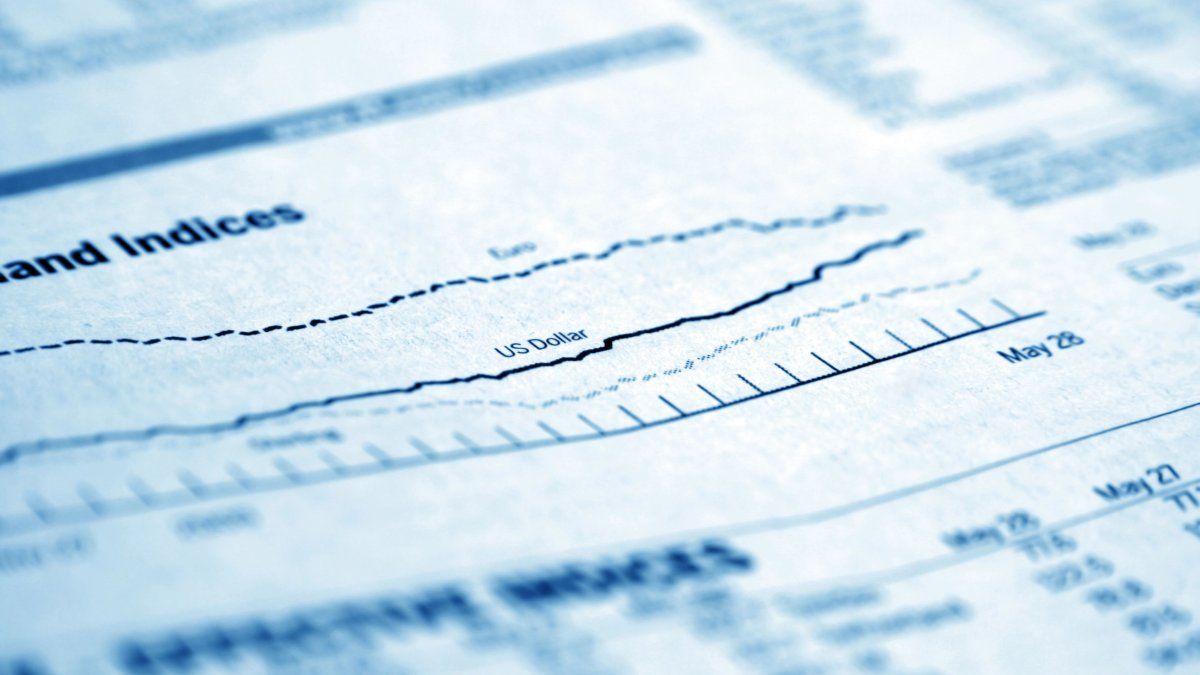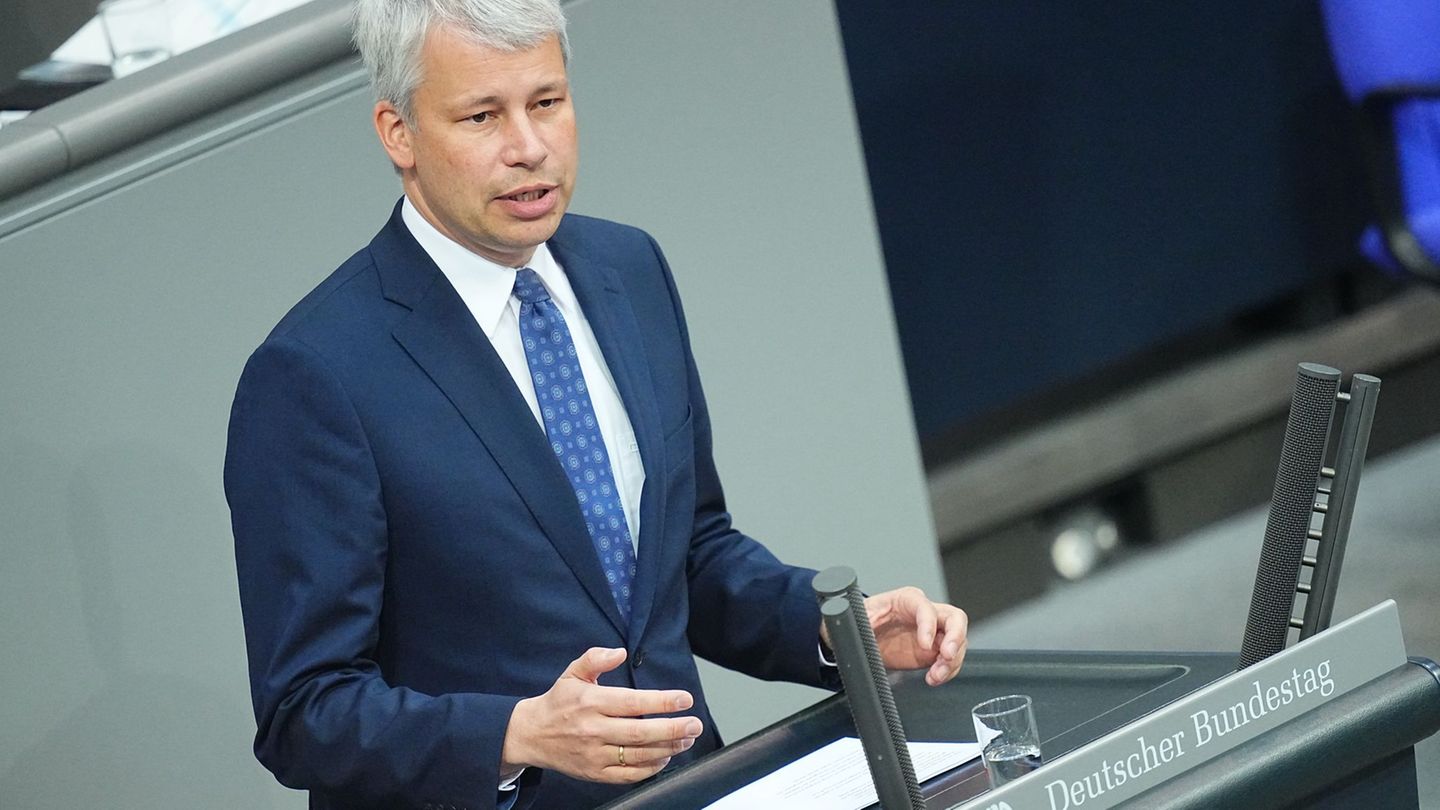In a country with thorough fiscal urgencies and international reserves, the Argentine government has made the State a money table at the service of financial speculation. The recent placement of Bonte 2030, presented as a “successful milestone” by the economic team, actually represents a paradigmatic case of Institutionalized financial bike. Argentina thus transforms into a “Carry Trade de State”; A sophisticated mechanism that guarantees high returns to foreign investors, at the expense of a ruinous indebtedness for the country.
The 2030 Bonte is not simply a bonus. It is an instrument designed with surgical precision to seduce speculative funds, guarantee an anticipated output window, and shield the profits of those who entered the invite. While the government celebrated an alleged “return to the international market”, which was actually consummated is a new assignment of financial sovereignty and an implicit subsidy to foreign capitals.
DepositPhotos_56887305_xl.jpg
The 2030 Bonte: Architecture of a trap
At first glance, Bonte 2030 presents some technical peculiarities:
- Subscription currency: US dollars
- Payment currency: Argentine pesos
- Term: 5 years, expiration in May 2030
- Rate: semiannual coupon in pesos at a rate of up to 29.5%
- “Put” clause: Possible anticipated rescue in May 2027
- Tendered amount: up to US $1 billion
Logic is simple; International investors enter dollars directly to the Treasury, avoiding paying the FEE of entry and exit to the free market (MULC), and receive Bonuses that pay them in pesos, astronomical rates. In return, the government brings dollars to reservations without “pressing” the exchange rate, which -According to the official story- It would serve to partially comply with the IMF goals.
But behind this structure there is an obvious trap; Face debt is being taken, at an extravagant cost.
A bonus designed for the client, not for the country
The official enthusiasm for the operation contrasts with the reality of its design. Everything in Bonte 2030 is designed to maximize the benefit of the foreign investor:
- Very high rate in pesos (29.5%): When the market was waiting for a coupon around 22%, the government validated a 29.50%rate, which reflects that the real country risk is not 666 basic points, as shown by the traditional JP Morgan indicator, but about about 2,503 basic points ironing the dollar, but it can be worse if it goes down to $ 600 as President Milei said. But let’s leave the dollar “flat”; The US Treasury Bonus Rate at 10 years is 4.47% as of May 28, 2025. We can subtract 447 basic points. The implicit country risk rate 2030 is … 2,553 basic points!
- Early output option (Put 2027): The investor has an exhaust valve to get out of the instrument within this same management, which decreases its real exposure.
- No exchange coverage: the exchange risk is assumed by the investor; Yes, but in a context where the dollar is “stepped” and guaranteed by the government itself.
Financial engineering or institutional abuse?
The official story hides an awkward truth; The Argentine State borrows to obtain dollars that could get genuinely If you honest (even partially) the exchange rate. The current regime discourages exports liquidation and promotes the entry of dollars via expensive debtrather than by real foreign trade.
Why not enter genuine, exporting currencies, instead of borrowing at 29.50% per year in pesos/dollar? Because that option would imply correcting relative prices and admitting that The official dollar is a fiction. Instead, The Government chooses to subsidize large external investors and present as success what, strictly speaking, is an economic dislate.
The result is doubly perverse:
- The entry of volatile financial capitals is stimulated while genuine production is punished.
- It is rewarded with usurative rates for investment funds (and also to friends of power) with dollars abroad, without demanding permanence or productive obligations.
Is myopia of the economic team or a deliberate “sophisticated predation model”?
It costs more and more to believe in the naivety of those who design these instruments. There is too much technical precision at the service of interest too concentrated.
Carry Trade policy as a state policy
This episode is not an anomaly. It is part of a structural sequence that makes the Argentina in A permanent speculation square. Recent history already showed it with the Lebac, Las Letes, Los Bonar, and now Bonte. The financial bicycle It is not the collateral effect of poorly calibrated policies, but the strategy itself of accumulation of certain sectors.
Bonte 2030 clearly illustrates this paradigm:
- The story says that the State is indebted in absurd conditions to “give signs of trust to markets.” Good attempt! … But it’s not evident.
- The addicted press celebrates a “successful” placement because there was oversupply. No friends. “When alms is great to the saint distrustful.” In other words, extreme generosity is not a characteristic of investment.
- Is the economic team consecrate as “credible” before Wall Street funds? No. It is enshrined as a serial donor, but “at all costs”
It is no accident that those of the architects of these operations come from the international financial system. They think biased, they think as traders, not as public officials. They design bonds for their old (and probably future) clients, and negotiate from the State as if they represent those interests.
Conclusion
The placement of the 2030 Bonte is not an act of responsible economic policy, but a staging to sustain a financial valuation model that structurally impoverishes the country. While Argentina continues to function as a money table for speculative capitals, there will be no productive investment, or sustainable development, or possible macroeconomic stability.
It is urgent to unmask this model And assume that the problem is not the fiscal deficit, nor the lack of trust, nor inertial inflation. The true obstacle to a healthy economy is the capture of the State for financial interests that profit from each difficulty. And Bonte 2030 is his last invention; A bonus designed to make the investor happy, not to defend national interest.
Director of Esperanza Foundation. Postgraduate professor at UBA and private universities. Master in International Economic Policy, Doctor of Political Science, author of six books.
Source: Ambito
David William is a talented author who has made a name for himself in the world of writing. He is a professional author who writes on a wide range of topics, from general interest to opinion news. David is currently working as a writer at 24 hours worlds where he brings his unique perspective and in-depth research to his articles, making them both informative and engaging.




